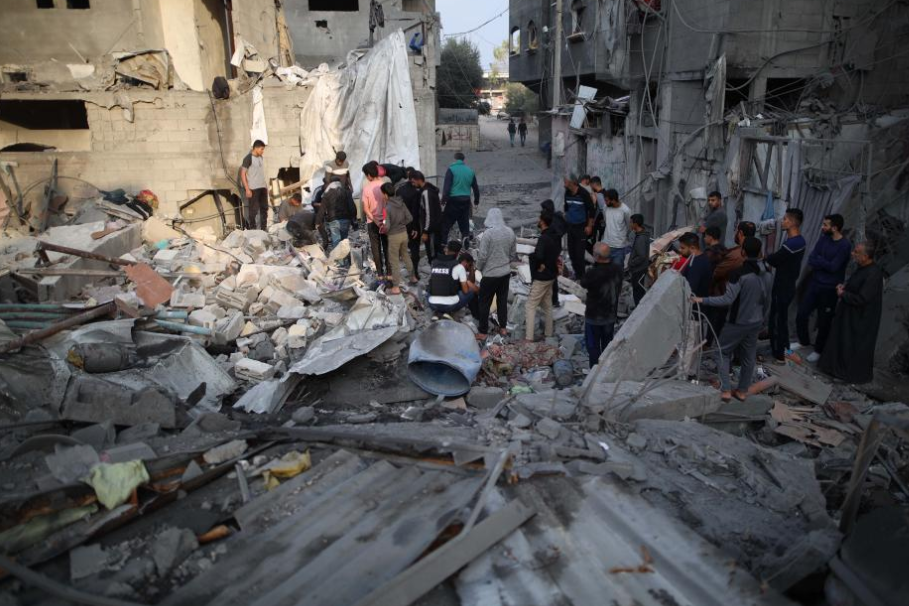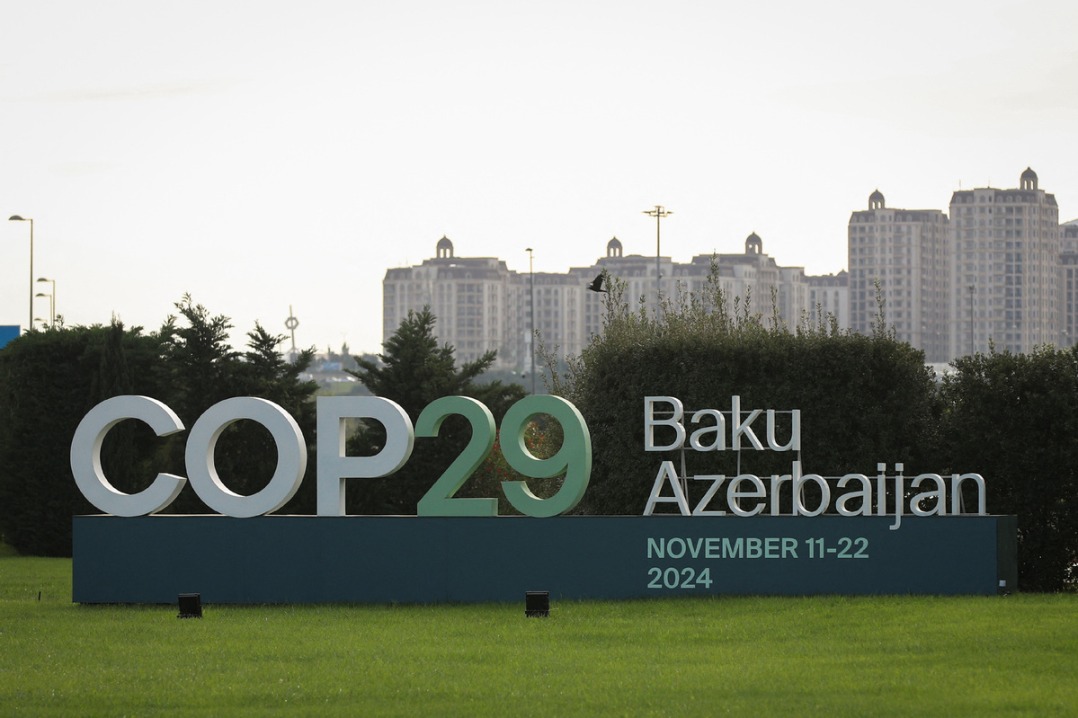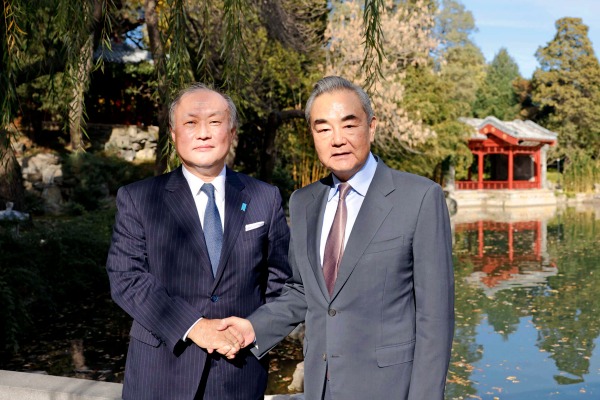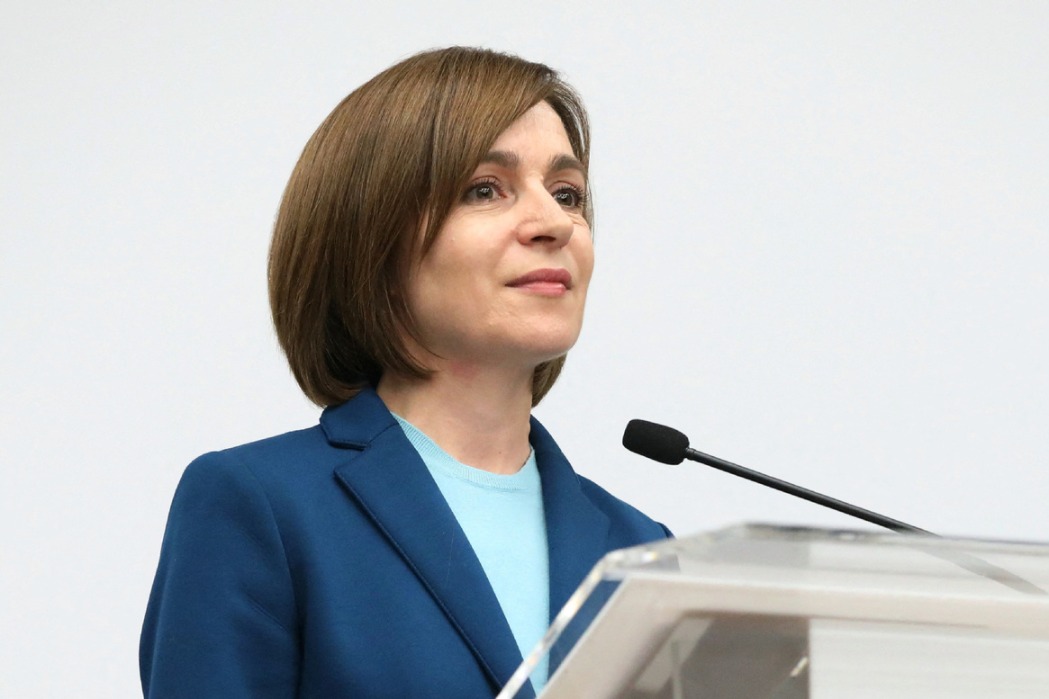S. Africa in call for joint climate goal at COP29

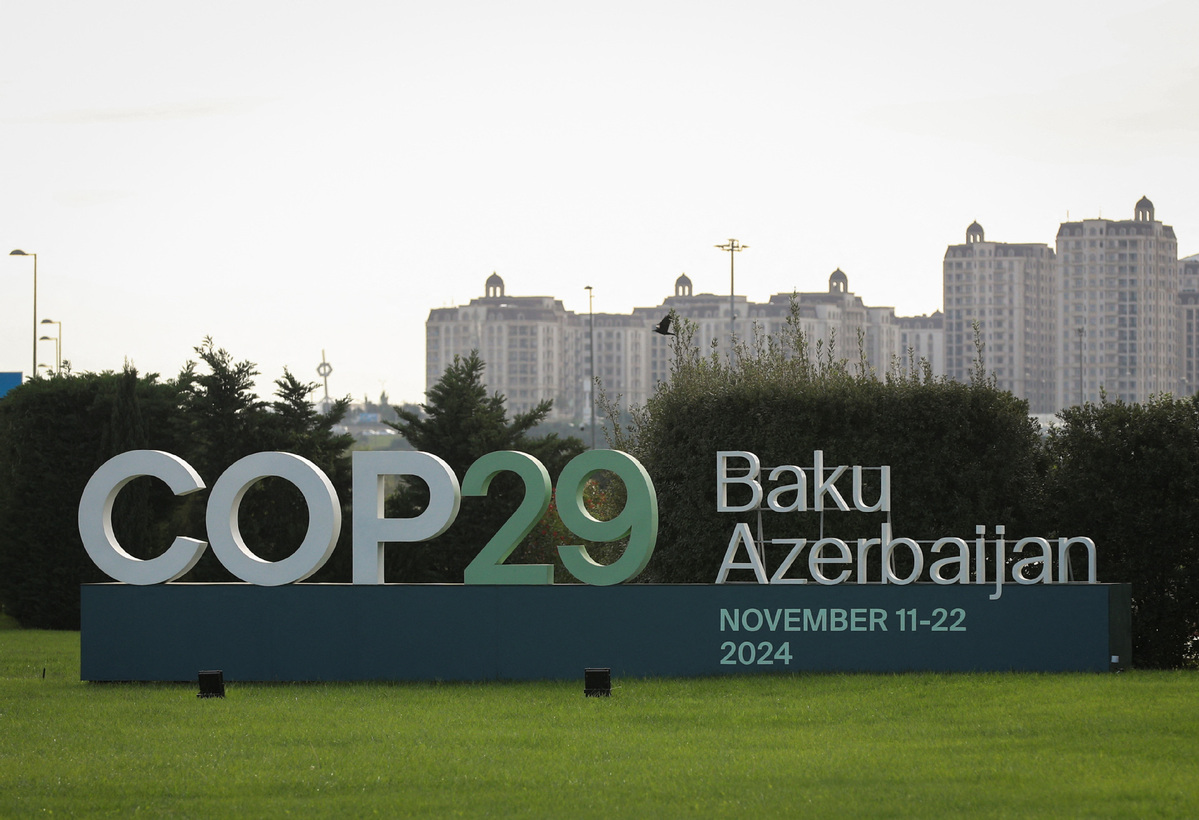
South Africa has high expectations for a new collective quantified goal on climate finance at this year's United Nations Climate Change Conference, or COP29, say government officials and experts.
Pemy Gasela, chief director for international climate change relations and reporting at South Africa's Department of Forestry, Fisheries and the Environment, said COP29 must build on the achievements of COP28, held last year in Dubai, the United Arab Emirates. COP29 will take place from Nov 11 to 22 in Baku, Azerbaijan.
At COP28, a fund was established to aid developing countries with climate-related loss and damage. Gasela highlighted the need for a new collective quantified goal on climate finance that is "new, additional, predictable, accessible and adequate to support developing countries".
Financing for loss and damage must be separate from adaptation funds and should not increase debt burdens on affected nations, she said.
"COP29 must be a real finance COP that delivers an ambitious and outcome-based collective quantified goal on climate finance, which supports developing countries in their shift to low-carbon and climate-resilient development. The quantum of mobilization and provision for the new goal should be commensurate with the ambition of action. COP29 outcomes must also redress the adaptation finance imbalance."
She added that developed countries should commit to annual climate financing of $1.3 trillion for developing nations, and the new goal should support the latter's national climate and development plans.
Seithati Motebang, a senior lecturer at the University of South Africa, said the discussion should shift toward climate change mitigation.
Developing countries expect announcements of climate finance obligations from developed nations, backed by "stronger and clear commitments" and rigorous monitoring of how the funds are used, she said.
Happy Khambule, an environment and energy expert at Business Unity South Africa, said details on the new collective climate finance goal are needed, including the amount and types of resources allocated to developing countries.
"The main thing is that developed nations make sure that they provide the necessary finance and technical skills to the developing nations."
South Africa and some private sector entities within the G20 and OECD have rejected the European Union's Carbon Border Adjustment Mechanism, viewing it as a "constraint to some free market" necessary to drive the world economy, Khambule said.
The mechanism, set to take effect in 2026, will impose a carbon tax on carbon-intensive products such as steel and cement imports to the EU.
Thando Lukuko of the South African Climate Action Network said civil society in South Africa is anticipating a new climate finance announcement at COP29. He emphasized the need for funding to support adaptation efforts, helping countries recover from climate change damages and develop early warning systems.
"The new collective quantified goal on climate finance must speak to the just transition; it must be new and not other bilateral or multilateral funding or aid," he said. "We also expect some details on the funding on loss and damage as a result of climate change."
The writer is a freelance journalist for China Daily.
















